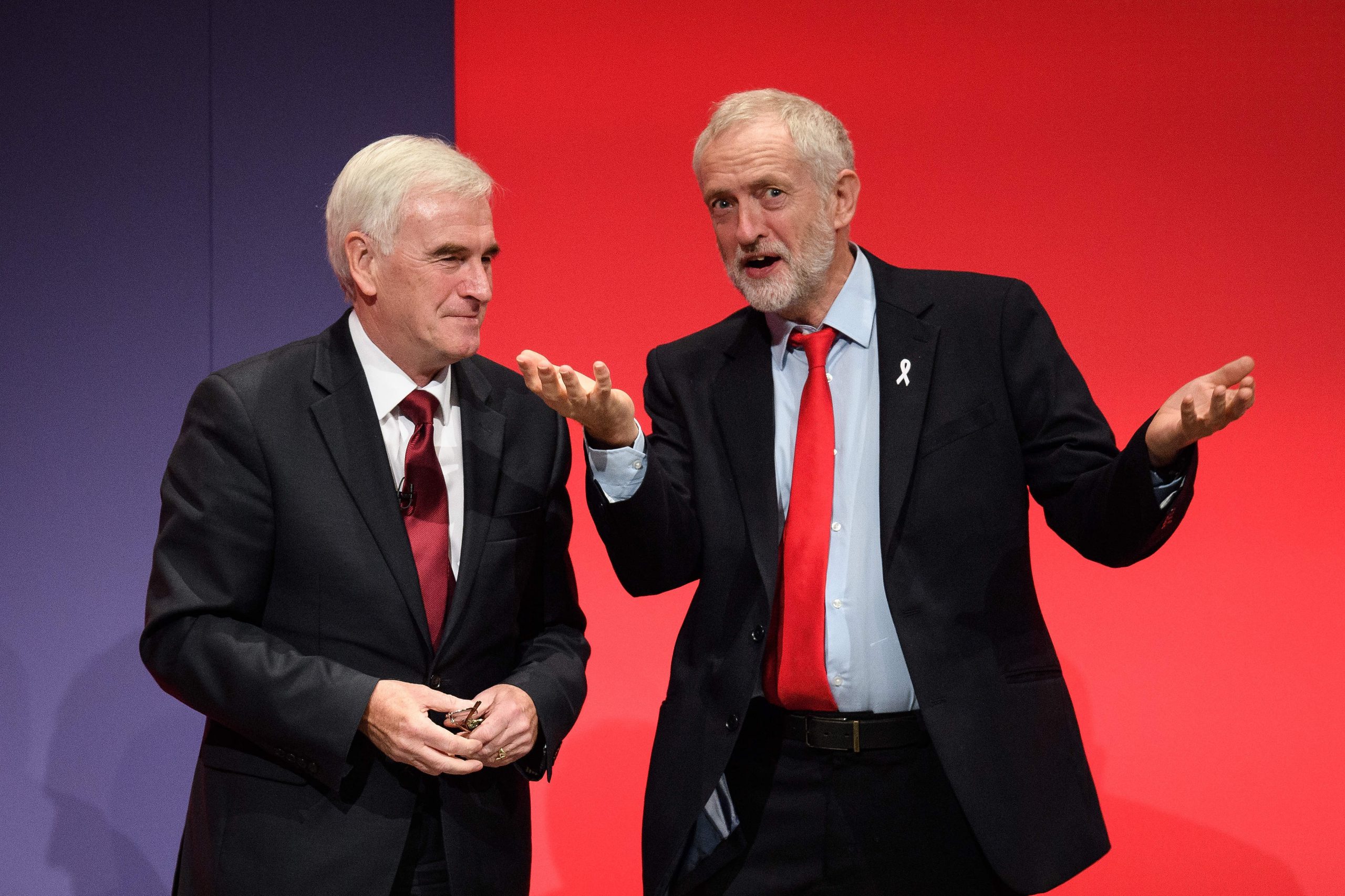
Would Labour end the benefits freeze? That’s the question that Jeremy Corbyn’s team took a noticeably long time to answer this afternoon.
In recent weeks, both John McDonnell and Margaret Greenwood, the shadow work and pensions secretary, have given a straightforward answer: yes. Asked the same question after Prime Minister’s Questions this afternoon, their leader’s spokesman also answered in the affirmative. But what he didn’t do – unlike McDonnell and Greenwood – was promise to both end the freeze and increase benefits in line with inflation.
The distinction matters. A end to the freeze that did anything less than what McDonnell and Greenwood have proposed would mean real terms cut to benefits, which Corbyn’s spokesman appeared to be willing to entertain during a protracted briefing with the parliamentary press gallery. “A freeze means you don’t increase anything,” he said. “If you move off it, the freeze has ended…It’s a switch on or off. A freeze means off. If you turn it on, you can turn it on to different degrees.” While in the strictest sense that’s true, it isn’t what the relevant shadow cabinet ministers understand as ending the freeze.
It wasn’t a split, but confusion reigned for a brief period this afternoon as a result (as it did when Corbyn pledged to end the freeze on the day of Labour manifesto last year, when the party remained sketchy on the detail of doing so thereafter). The leader’s office has since clarified: “Our commitment is to end the social security freeze and uprate in line with inflation. The mechanism for our restructuring of the social security system and costings will be laid out in our next manifesto.”
Clear as it is now, the period of message indiscipline is instructive, as it was with the confusion over income tax yesterday. That there was no coordinated consensus on the finer details of such an expensive policy where the will of the party ought to have been settled should set alarm bells ringing.





